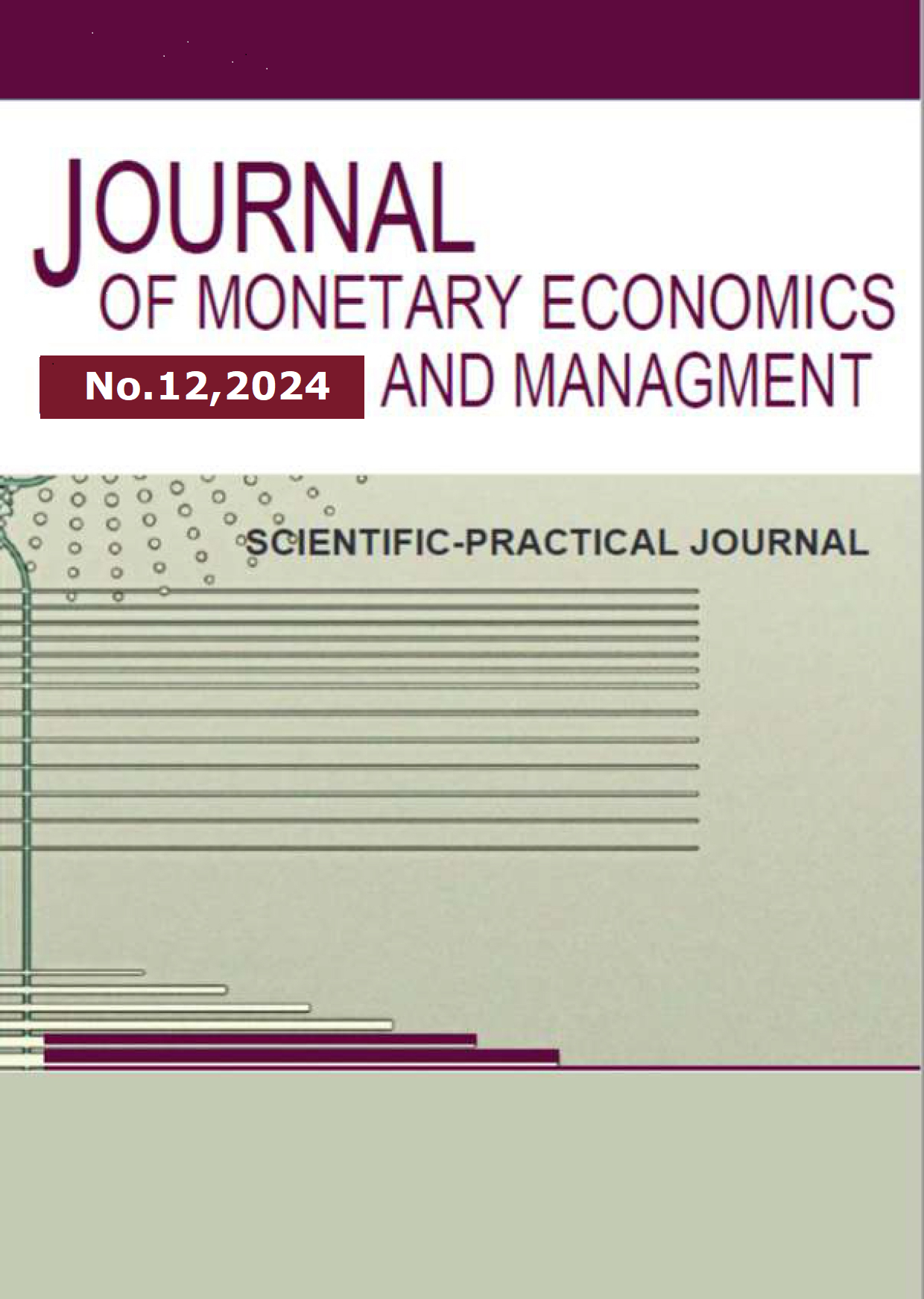graduate student
The digital transformation of public administration is a key element of modernizing public services and interacting with citizens. The use of information and communication technologies (ICT) makes it possible to increase the efficiency, transparency and accessibility of management, optimizing the processes of providing services and strengthening the trust of citizens. The introduction of technologies such as e-government, big data, artificial intelligence, blockchain and the Internet of Things contributes to improving the quality of life, reducing costs and reducing corruption. However, the process of digitalization is fraught with difficulties, including the need to modernize infrastructure, train qualified personnel, protect data, and ensure inclusivity for all groups of the population. Successful digital transformation requires an integrated approach that takes into account both technological and social aspects, which will create a sustainable, fair and effective management system that meets modern societal expectations.
digital transformation, public administration, e-government, artificial intelligence, blockchain technologies, transparency, inclusivity, cybersecurity
1. Belolipeckaya A.E. Kompetentnostnyy instrumentariy upravleniya personalom organov publichnogo upravleniya v usloviyah cifrovoy transformacii // Diss. … k.e.n. – Orel, 2021.
2. Dzhidzhelaeva L.D., Rodin A.V. Cifrovaya transformaciya v sfere publichnogo upravleniya // Problemy ekonomicheskogo rosta i ustoychivogo razvitiya territoriy: Materialy III mezhdunarodnoy nauchno-prakticheskoy internet-konferencii: v 2 chastyah, Vologda, 16–18 maya 2018 goda. Tom Chast' I. – Vologda: Vologodskiy nauchnyy centr Rossiyskoy akademii nauk, 2019. – S. 97-100.
3. Voronov A.A. Imperativy razvitiya cifrovoy transformacii sistemy publichnogo upravleniya // Alleya nauki. – 2023. – T. 1, № 3(78). – S. 460-463.
4. Izotov I.S., Zav'yalov A.S., Homenko E.B. Sovremennye tendencii i napravleniya cifrovoy transformacii publichnogo upravleniya v Rossiyskoy Federacii // Vestnik Udmurtskogo universiteta. Seriya Ekonomika i pravo. – 2024. – T. 34, № 4. – S. 614-620.
5. Mukovnin M.A. Problemy publichnogo upravleniya v sfere cifrovyh transformaciy // Issledovanie innovacionnogo potenciala obschestva i formirovanie napravleniy ego strategicheskogo razvitiya: Sbornik nauchnyh statey 9-y Vserossiyskoy nauchno-prakticheskoy konferencii s mezhdunarodnym uchastiem. V 3-h tomah, Kursk, 30 dekabrya 2019 goda / Otvetstvennyy redaktor A.A. Gorohov. Tom 2. – Kursk: Yugo-Zapadnyy gosudarstvennyy universitet, 2019. – S. 269-273.
6. Standzon' L.V. Cifrovaya transformaciya v deyatel'nosti licenziruyuschih organov kak novyy trend publichnogo upravleniya // Zakony Rossii: opyt, analiz, praktika. – 2024. – № 11. – S. 40-46.
7. Golovina T.A., Schegolev A.V. Cifrovaya transformaciya publichnogo upravleniya v Rossii // Lider (Lyudi. Idei. Dostizheniya. Edinstvo. Rezul'tat): Sbornik statey I Upravlencheskogo foruma Hanty-Mansiyskogo avtonomnogo okruga - Yugry, Surgut, 09 sentyabrya 2019 goda. – Surgut: Surgutskiy gosudarstvennyy universitet, 2019. – S. 22-26
8. Satymov R. R., Ahmetgalieva D. A. Analiz bezopasnosti blokcheyna // Ekonomika i bezopasnost'. — 2024, №4. — URL: https://voenvestnik.ru/PDF/9ES424.pdf
9. Budko E.N. Vozmozhnosti primeneniya tehnologii blokcheyn v upravlenii//Aktual'nye voprosy sovremennoy ekonomiki. 2022.- №11. S.807-810









